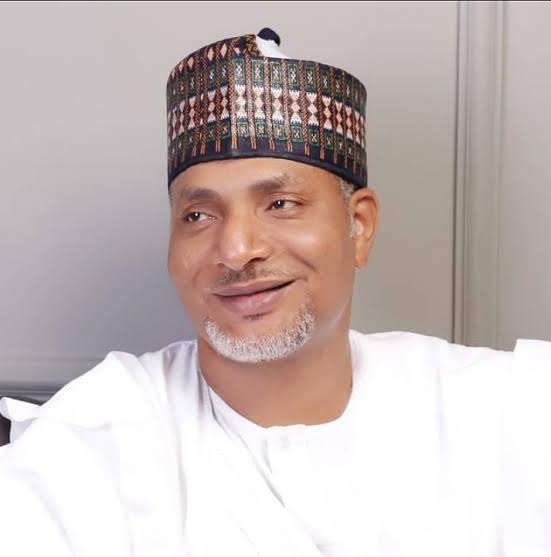The Chairman of the Senate Committee on Agriculture and Rural Development,
Senator Saliu Mustapha’s call for compulsory, hands-on agricultural studies in secondary schools highlights an essential shift towards modernizing and professionalizing agriculture in Nigeria. By advocating for practical agricultural education, he aims to change the perception of farming from mere subsistence to a viable and attractive career option.
During the public lecture at the University of Ilorin, he emphasized the need to address the declining interest in agriculture among the youth, which is often influenced by outdated views that label farming as solely labor-intensive and unrewarding. Senator Mustapha’s vision includes introducing students to advanced agricultural techniques, such as mechanized farming and agribusiness, which could harness their interest and skills.
His perspective aligns with broader goals of improving food security in Nigeria and reducing dependency on imports. This initiative could potentially cultivate a new generation of skilled farmers who are equipped to tackle the challenges of modern agriculture, contributing to both economic growth and sustainable practices.
In a keynote delivered by Prof. Binta Sulyman of Kwara State University, Malete, Senator Mustapha stressed the need for practical agricultural education from an early age to shift farming from being viewed as mere subsistence to a viable profession.
“We need to get serious about agriculture if we are to feed our growing population and reduce our over-reliance on imports.
“Making agriculture a compulsory and practical subject in secondary schools is a critical step in that direction”, he said.
Mustapha expressed concern over the declining interest in agriculture among young Nigerians, attributing it to outdated perceptions of farming as labour-intensive and unrewarding.
He argued that exposing students to modern, technology-driven agriculture—such as mechanized farming, agribusiness, and sustainable practices—could reignite interest in the sector.
“Countries like Israel and India have demonstrated how a strong emphasis on agricultural education can turn around their food production capabilities. Nigeria must follow suit by ensuring that every child learns not only the theory of farming but the practical aspects as well,” he said.
This statement highlights the urgent need for Nigeria to revamp its approach to agricultural education in order to boost food production, combat unemployment, and secure the country’s agricultural future. The speaker draws parallels with successful agricultural reforms in countries like Israel and India, advocating for a similar model in Nigeria where children are taught both the theory and practice of farming from a young age.
Key points emphasized include:
- Agricultural education: The senator argues that a hands-on, practical curriculum should be compulsory, helping to equip young Nigerians with the skills to engage in farming, agribusiness, and related industries.
- Agriculture as a business: The idea that farming should be viewed not just as a means of feeding the population, but as a business model that can generate wealth.
- Collaboration among stakeholders: The senator urges cooperation between education, agriculture, and policy sectors to ensure the successful implementation of these ideas.
- Need for modern facilities: Schools should be equipped with farms, greenhouses, and tools to facilitate practical learning.
- Challenges facing Nigerian agriculture: These include an ageing farming population, lack of modern farming technologies, and underutilized arable land, all of which pose risks to Nigeria’s food security goals.
- “Beyond feeding ourselves, we must see agriculture as a business. Agriculture should not just be about producing food for the table, but it should be viewed as a business model that can generate wealth for millions of Nigerians,” he added.
The senator urged stakeholders in education, agriculture, and policymaking to collaborate in ensuring the implementation of these ideas.
He praised the Federal Ministry of Education for its efforts to revise the curriculum but cautioned that policy must be translated into action.
“There has been enough talk. What we need now are concrete actions, and that includes making sure that schools are equipped with the necessary facilities—farms, greenhouses, and modern farming tools—to make this hands-on agricultural education a reality,” he concluded.
The call comes at a time when Nigeria faces multiple challenges in the agricultural sector, including an ageing farming population, poor access to modern farming technologies, and underutilized arable land.
Experts warn that without significant policy shifts, the country’s goal of achieving food security may remain unattainable.
In conclusion, the senator’s remarks are a call to action, stressing that policy must be translated into tangible measures to revitalize Nigeria’s agricultural sector and ensure sustainable food production.
Click here to join our Telegram Channel

